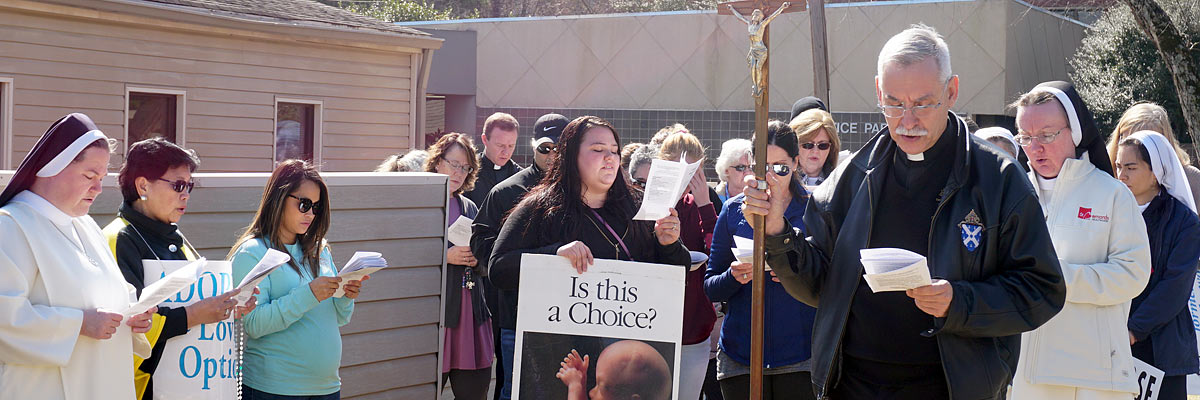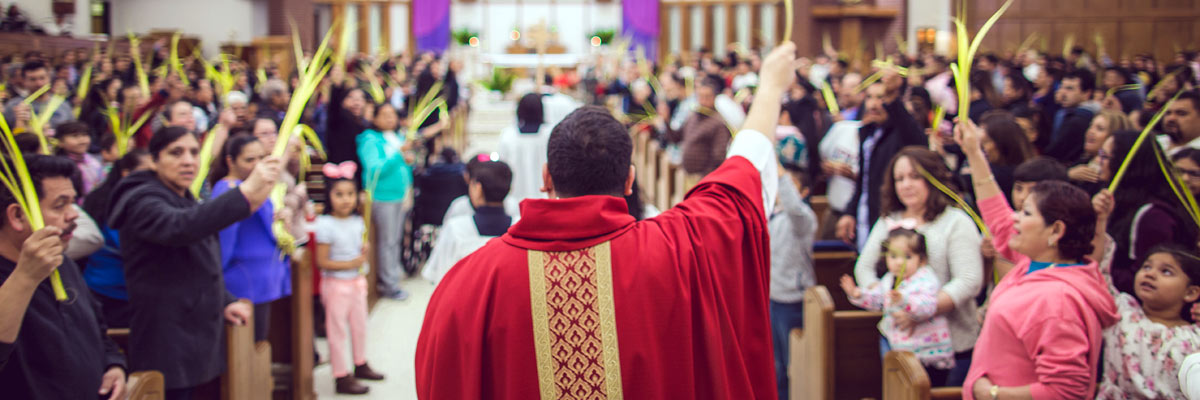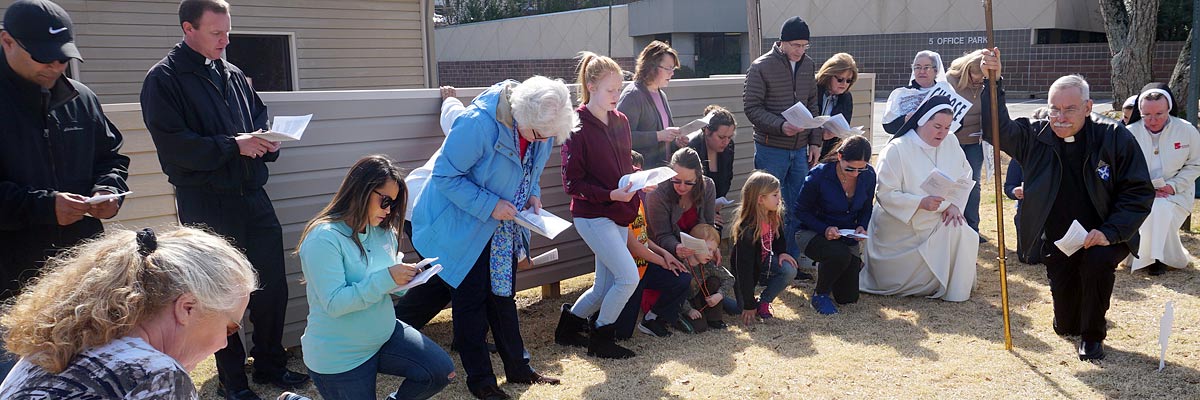Official Website of the
Catholic Diocese of Little Rock
Fourth Sunday of Lent 2017
Published: March 26, 2017
Bishop Anthony B. Taylor preached the following homily at the Cathedral of St. Andrew in Little Rock on Saturday, March 25, 2017 and during confirmation Masses at St. Bartholomew Church in Little Rock and St. Mary Church in Saint Vincent on Sunday, March 26, 2017.

Bishop Taylor
Knowledge is light — an inner light comes on when we understand something — which is why we say: "I see!" But this "seeing" is insight, not just eyesight. And with insight comes power.
In today's Gospel Jesus enables a blind man to "see". He starts by giving him eyesight, but by the end of the story this man also has insight. An inner light has come on regarding who Jesus is.
Now not only does he see, he understands! But not so the other people in the story. They have eyesight but no insight. They see but do not understand.
You and I are like the people in this story: There are certain things to which we are blind, regarding which we lack insight. Sometimes this is willful blindness due to fear — we see this in the actions of our government regarding immigration.
1.) His neighbors and family see that a miracle has occurred, but they are afraid to look at what that might say about Jesus. They are cowards. They don't want to upset the powers that be, so they say they don't know how it happened, which leaves them ignorant and powerless.
We say: “ignorance is bliss” but nothing could be further from the truth. As Forest Gump says: “If you're going to be dumb, you'd better be tough!” Ignorance makes a person's life difficult, not easy.
2.) Then there are the Pharisees. Where this man's neighbors and family claim ignorance due to fear, Jesus' adversaries are reduced to ignorance by hatred, which has already closed their minds to him and pride leads them to think they know more than they really do.
They know you're not supposed to work on the Sabbath and they know Jesus did this on the Sabbath, so they conclude that Jesus cannot be “from God because he does not keep the Sabbath.”
Of course by now they were just looking for an excuse to get rid of him. They were blinded by hatred and pride, which deprived them of insight into who Jesus is and why, therefore, in his case the normal rules of logic simply do not apply.
3.) By contrast, the man born blind is open to Jesus and is courageous, but there is one odd thing about this miracle: He never asked to be healed. Almost all of Jesus' other miracles of healing follow a similar pattern. The person asks for healing, Jesus asks if they believe in him, they say "yes" and then he works the miracle because of their faith.
That's not what happens here: Jesus cures this man without being asked, saying instead that the reason for this miracle was “so that the works of God might be made visible” ... so we can see that Jesus is the “Light of the World,” so we could have insight and not just eyesight. And while this miracle doesn't fit the usual pattern, the end result is the same: The blind man puts his faith in Jesus.
You and I are like the people in this story: There are certain things to which we are blind, regarding which we lack insight. Sometimes this is willful blindness due to fear — we see this in the actions of our government regarding immigration.
Sometimes our lack of insight is due to ignorance, bad information, strong feelings but little knowledge, which keeps us from seeing how in certain matters — just like in today's Gospel — the normal rules simply do not apply.
Sometimes we are blinded by hatred or pride. But it need not be that way. Jesus is the “Light of the World” and he invites us to be like the man he heals in today's Gospel: open and courageous, trying our best to live in the light ourselves — making sure we have good information, all the facts — and then striving courageously to bring the light to others.
After all, ignorance is not bliss. It can actually be very destructive. And it's also no excuse!








